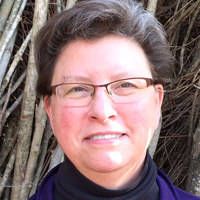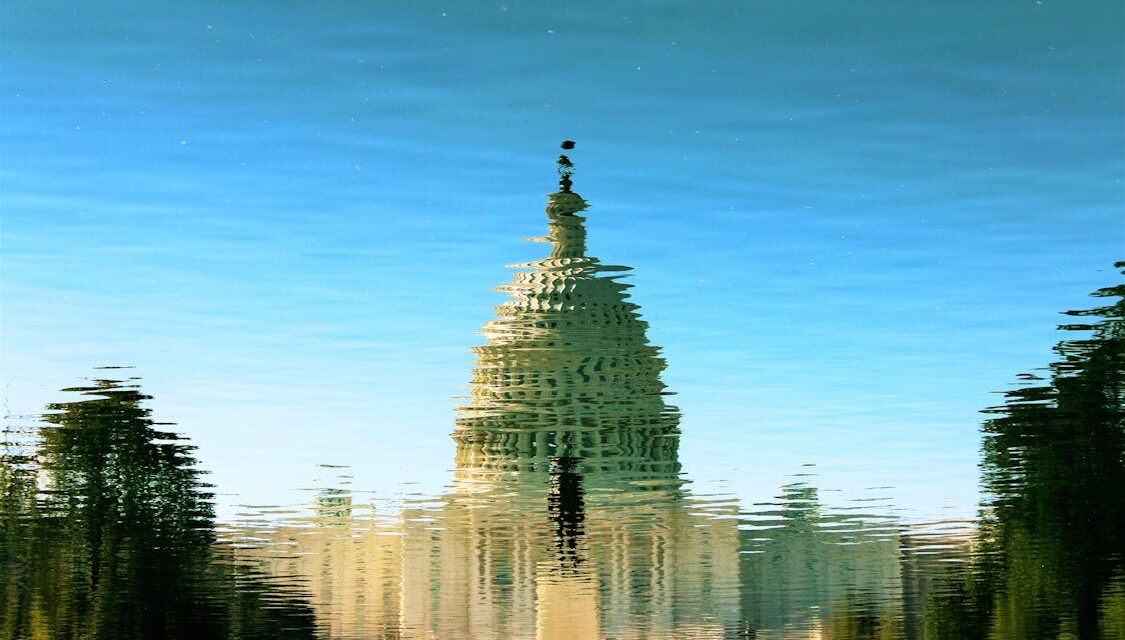This Just In – Childhood memories are not all hot chocolate and marshmallows and some of the more vivid ones can be quite instructive.
The summer of my 10th birthday was one of America’s wildest rides politically and not at all in a good way. It was 1968 and to my almost 10-year-old mind it felt sometimes like the world was coming to an end.
On a spring day like any other came the news that Martin Luther King, Jr. had been assassinated. Shot with a long gun in Memphis, they said. The shooter was captured. He was a minister, my parents told me. I thought of our minister, Felix Davis. I tried to imagine why anyone would want to kill him – maybe the most gentle person I ever knew.
In June, it was Bobby Kennedy, who looked like he would be the Democratic nominee for president. Now, there was a train carrying his body across the United States along a route of grief-stricken Americans. Just five years after his brother, there would be another Kennedy funeral at Arlington National Cemetery.
The Democratic National Convention that summer in Chicago was a mess. There were violent demonstrations outside the arena. It wasn’t much better inside. In the end, Hubert Humphrey was the party’s nominee. He wanted to end America’s involvement in Vietnam and advised Lyndon Johnson to get out. As Johnson’s vice president, he had to tow the line on the issue. Once nominated he could be clear – he wanted to end the war.
My dad took us to see both Humphrey and Nixon when they visited Hartford that year. We heard Humphrey speak and went to a parade as Nixon came through. I shook Pat Nixon’s hand.
Despite the events of that year, I don’t remember being afraid of going to those gatherings. I don’t mind telling you there’s no chance that I would do that today. Civilians didn’t have AR-15s in those days, able to spray a crowd of people with gunfire that will have explosive, devastating impact on whatever it strikes.
The shooting at Trump’s Pennsylvania rally has generated a flood of commentary, often ill-informed speculation, about why this happened and what it means. I won’t be providing that here.
My thought is this … we don’t know anything yet about what motivated this 20-year-old to take this action. I remember the attempt on Ronald Reagan’s life and its immediate aftermath. Who is John Hinkley and why did he want to kill the president? Was it religion? Political extremism? Pure evil?
It was an obsession with actress Jodie Foster, it turned out. He wanted to impress her – get her to know his name. The murder of John Lennon just a few months before was committed with similar motives. So, we don’t really know what this was about and it’s possible we’ll never find out.
One thing we do know, however, is that there were many people at the rally last Saturday who were simply at work that day. They were not there as a political expression, they were at work in their non-partisan jobs, trying to make a living.
There were journalists, photographers, local law enforcement, event managers, emergency medical technicians … these people were not political zealots. They were at work on Saturday when a presidential campaign came to their town.
Predictably, my mind went straight to the reporters and photographers, whose proximity and calm actions gave us some of the vital pieces of documentation immediately after the shooting. Reporters talked to rally goers as they left with sensitivity and respect for the trauma they had just endured.
That journalism is so important – gathering multiple eyewitness accounts immediately means that the human nature of memory hasn’t had time to distort the witness’s perception. I watched about a dozen of these interviews and found them impressive for their quality and specificity.
It’s important to realize that these reporters (and photographers) were traumatized, too. They’ll process it in their own time, but they witnessed a murder. Their continuing to do their jobs, reporting calmly and responsibly on live television, for hours afterwards doesn’t change the trauma of that event.
Their experience (and that of all those who worked at that site on that day) is worthy of our respect and patience to reserve judgment until we really know what is happening here. Like the song says …. what it is ain’t exactly clear.
 Jean Bolduc is a freelance writer and the host of the Weekend Watercooler on 97.9 The Hill. She is the author of “African Americans of Durham & Orange Counties: An Oral History” (History Press, 2016) and has served on Orange County’s Human Relations Commission, The Alliance of AIDS Services-Carolina, the Orange County Housing Authority Board of Commissioners, and the Orange County Schools’ Equity Task Force. She was a featured columnist and reporter for the Chapel Hill Herald and the News & Observer.
Jean Bolduc is a freelance writer and the host of the Weekend Watercooler on 97.9 The Hill. She is the author of “African Americans of Durham & Orange Counties: An Oral History” (History Press, 2016) and has served on Orange County’s Human Relations Commission, The Alliance of AIDS Services-Carolina, the Orange County Housing Authority Board of Commissioners, and the Orange County Schools’ Equity Task Force. She was a featured columnist and reporter for the Chapel Hill Herald and the News & Observer.
Readers can reach Jean via email – jean@penandinc.com and via Twitter @JeanBolduc
Chapelboro.com does not charge subscription fees, and you can directly support our efforts in local journalism here. Want more of what you see on Chapelboro? Let us bring free local news and community information to you by signing up for our newsletter.


